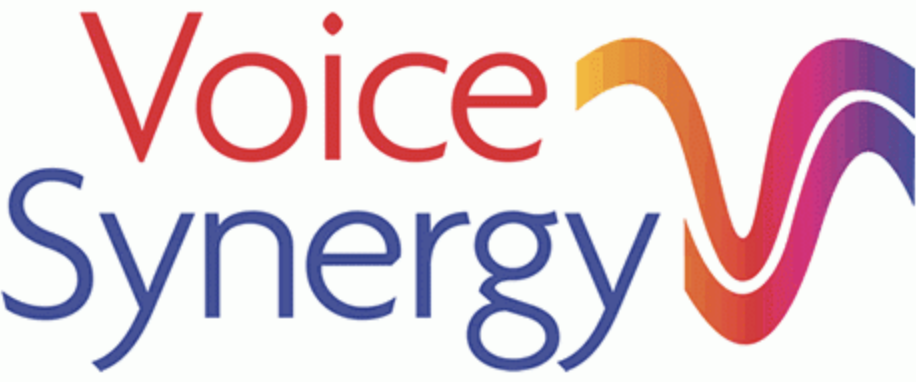 You attend an interview and feedback might include: “We are looking for someone more polished”.
You attend an interview and feedback might include: “We are looking for someone more polished”.
The Oxford English Dictionary defines polish as follows:
“Refinement, culture: elegance of manner. The glossy polish that the best English boarding schools can sometimes provide.”
Interestingly, the action of polishing is described as, “glossiness of surface produced by friction or the application of a coating”.
This would suggest that polish is either applied as a top coat, or achieved through some physical effort. If this is the case, then why shouldn’t anyone be able to become polished?
The OED also describes polish as “Free from roughness, rudeness, or coarseness; make more elegant or cultured: refine, improve. Bring to a finished state.”
Along with speaking English with a non-regional specific accent (BBC English, posh English or Queen’s English as it is known), your ease in communicating, ability to engage others and general confidence are very important criteria in securing a senior job role. See ‘How to Break into the Elite’ BBC Two.
Let’s look at the component parts of polish as they apply to a person and how it might be possible to become more polished.
Let’s take these points one by one.
- Ease of communicating
Everyone might think this is second nature. Communicating is just talking to people, isn’t it? No. Communicating effectively might be the hardest single thing you have to do in an interview. Communicating includes active listening, thinking and speaking. You must listen to the question and interpret it correctly, formulate a sensible answer, with examples, then speak out loud to the interviewer in a way that is interesting and relevant.
- Ability to engage others
How on earth do you begin to engage other people in your ideas and opinions? A combination of factors come into play here, all concerned with how you use your voice. You can control the tone of your voice quite easily and to be effective in an interview situation, remember to use a positive tone of voice. When I worked as a broadcaster on BBC radio, I was told there are two fundamental rules to being a successful broadcaster: be yourself and be interesting. These rules stood me in very good stead and gave me the confidence to develop a sunny and relaxed radio persona. If you are confident in your abilities and have a genuine wish to share your thoughts with others, you will naturally sound engaged. Remember, however, to ask questions of the other person and listen and pay attention to their answers. Reply honestly and with intelligence.Your body language also comes in to play here. Using Alexander Technique to stand or sit in a comfortable, alert posture (being present as it is known in drama school), your body and voice will work together to create a powerful presence.When you successfully engage with others, you become a powerful influence and demonstrate that you have ability and aptitude to lead. - Confidence
You have achieved the goal of getting an interview. At this point, remember that you have been invited to interview as a possible employee. Be confident in your knowledge, your education and the experience you bring to the role. You would not have been asked for the interview unless you were a serious contender for the job.Try to enjoy the experience of the interview and relish the opportunity to take the interviewer on a journey with you to show them how suitable you are for the position.Think of the interviewer as a friend rather than a ‘blocker’ to your ideal job role.Remember to smile when appropriate, speak clearly and take your time.Remember to breathe in before you begin to speak. This might sound obvious, but taking the time to breathe means that you will have plenty of fuel (air) to power your voice. When you breathe in, you take in oxygen which refreshes your brain and provides inspiration. When you speak, your ideas come out as words with your voice. Take time to explain your ideas rationally and calmly with your voice well supported by your breath.
Ease in communicating, ability to engage others and general confidence are very important criteria in securing a senior job role.
Polish is a complex combination of attitude, confidence and elegance of manner. Developing good speech and posture goes a long way towards achieving the polish which is looked for by prospective employers.
The next thing to do is practise. Practise speaking aloud on your own on any topic that you are familiar with. Make some notes to guide you, then go ahead and introduce your topic, say three relevant things about it, then conclude.
Breathe in before you speak. As you breathe in, think about what you are going to say, then say it. Don’t deviate, don’t allow yourself to get distracted or go off at a tangent. Just make the point, stick to it, then stop speaking, breathe in again and speak the next idea. This will slow you down and focus your mind.
Practice makes perfect; practising good speech will help you to achieve the desired polish.
For help to develop the polish you need, using communication skills, engaging with others and general confidence, please get in touch.
